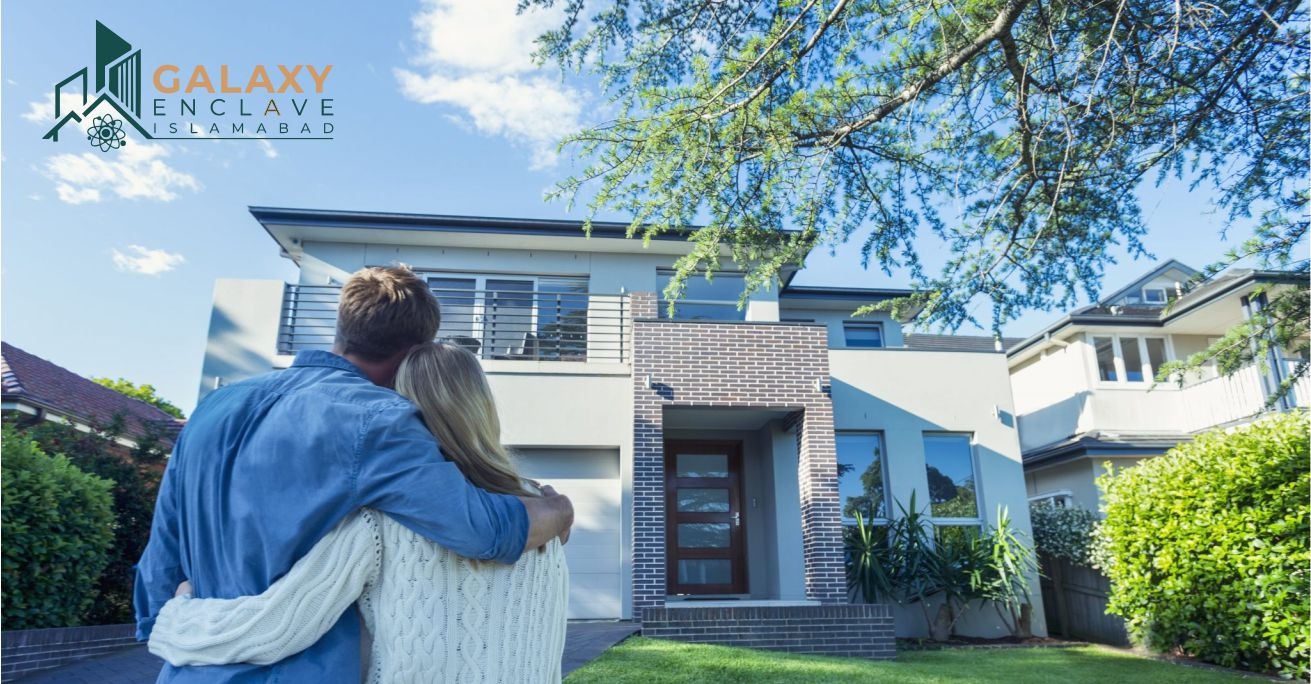Residential Real Estate: Hidden Expenses That Impact Home Buyers.

Introduction:-
Purchasing a home is regarded as one of the most significant turning points in life, as it represents the achievement of long-held goals and a move from renting to homeownership. Prospective homeowners, meanwhile, need to be aware of the hidden costs that could negatively affect their finances and budgets amid the thrill of house hunting and daydreaming about living in a new place. With the information we’ve provided in this article, buyers of residential real estate will be better equipped to make wise choices and handle the process with assurance.
Understanding Residential Real Estate.
Properties designed for human living space such as townhouses, apartments, and condominiums, are included in the category of residential real estate. Residential real estate is different from commercial real estate, which is largely focused on properties that generate income, such as offices and retail spaces. Instead, residential properties are generally used as places of abode for individuals and families.
Understanding Hidden Expenses.
Hiding costs are additional costs that are not disclosed to potential buyers and can easily take them by surprise. The various fees, charges, and continuous expenses that are included in these hidden costs can have a big influence on how affordable homeownership is overall. Understanding these expenditures is crucial for creating an efficient budget and preventing future financial hardship. These costs range from utilities and maintenance to property taxes and closing charges.
Hidden Closing Costs That You Should Consider.
Closing fees are one of the biggest hidden expenditures associated with buying a home; they usually amount to 2% to 5% of the total cost. The expenses and charges related to completing the sale, such as loan origination, appraisal, title insurance, legal, and recording fees, are included in closing costs. If not accounted for appropriately, these expenses can quickly mount up and catch homebuyers off guard, even if they might not seem like much about the purchase price.
Property tax.
The property taxes associated with your new house will also be included in your closing costs. Based on how many months you will own the residence for the current calendar year, the amount you will pay is prorated. For instance, if you close on May 1st, you’ll likely be on the hook for eight months’ worth of property tax. The value of your new house and the current tax rate will determine how much you have to pay in property taxes. Your tax rate is affected by the state, county, and city in which you reside.
Property taxes are yet another important but hidden cost that buyers of real estate need to account for in their budget. The location and assessed value of the residence affect property taxes, which are normally paid to the local government either annually or semi-annually. A buyer’s capacity to pay for continuing homeownership costs may be impacted by neglecting to account for property taxes, which can lead to unforeseen financial difficulties.
Homeowners Association (HOA) Fees.
To fund the cost of maintaining common areas, amenities, and community services, homeowners associations (HOAs) generally ask homebuyers to pay HOA fees in communities they manage. A few hundred to several thousand dollars is the range of HOA fees per year, depending on the community and the quality of amenities offered. To prevent financial strain and guarantee affordability over time, buyers must include these ongoing costs in their budgeting calculations.
Maintenance, Repairs, and Renovations.
A lot more money will be needed for maintenance, repairs, and improvements even after you have paid for a home evaluation. This is an additional hidden cost associated with purchasing a property that many are unaware of. The seller will not make any changes to the house after receiving the home appraisal report and a list of required repairs.
It doesn’t operate like that. There is always work to be done, even if the house sellers offer to handle the majority of the repairs or agree to lower the asking price. These maintenance, fixes, and improvements may run you a few hundred to several thousand dollars, depending on the state of the property.
Utilities and Bills within Home Buying Cost.
Here’s another hidden cost associated with buying a property that those interested need to be aware of. Any new utilities you install in your new house require charges. You might not be responsible for them if you are transferring your utilities. Additionally, there is a way to lessen that cost if you are both a buyer and a seller of real estate. In the house you are selling, you have the right to request a return of your utility deposits for any services you choose to stop using.
In addition to this one-time payment, you will have to pay a certain amount each month for your utility bills.
To sum up, Securing financing and locating the ideal house are not the only steps in the home-buying process. Buyers of real estate also need to be aware of the unstated costs that may affect their finances and plans for spending. Understanding and planning for these unexpected expenses is crucial for ensuring affordability and long-term financial stability. These costs range from closing costs and property taxes to maintenance and utilities. Through proactive financial planning and expert coaching from real estate agents, prospective homeowners may make well-informed choices and confidently start their homeownership journey.
Laraib Tahira
Content Writer
